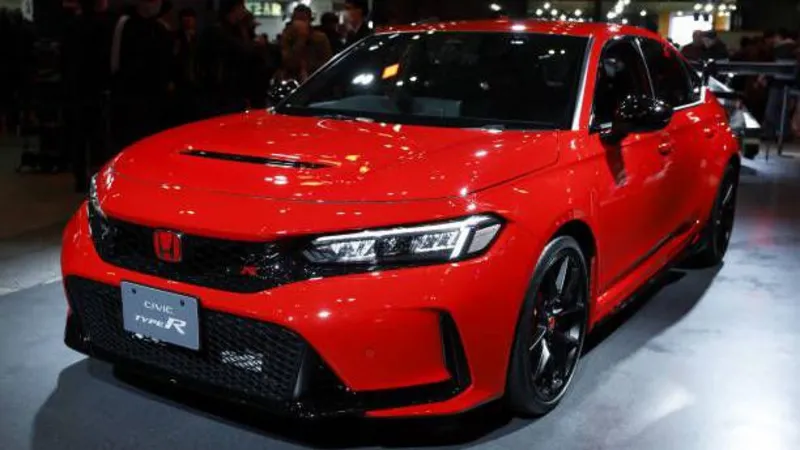In a major development that could reshape the global automotive industry, Japanese automakers Honda and Nissan have announced the collapse of their merger talks. The two companies, along with their junior partner Mitsubishi, had been exploring the possibility of combining their operations to better compete in the rapidly expanding electric vehicle (EV) market. However, after months of discussions, they have decided to abandon the plans, opting instead for a looser strategic partnership focused on EV development and smart vehicle technology.
Had the merger gone through, it would have positioned Honda and Nissan as a global powerhouse in the automotive industry, with the potential to rival established giants such as Toyota, Volkswagen, General Motors, and Ford. The deal was seen as a strategic move to pool resources, enhance technological advancements, and create a stronger foothold in the EV market, which has been increasingly dominated by Chinese manufacturers like BYD.
Nissan, once Japan’s second-largest automaker, has faced significant challenges in recent years, struggling with declining sales, management shake-ups, and internal instability. The company took drastic measures in November by announcing large-scale layoffs in an effort to counter declining sales in key markets like China and the United States.
For Honda, the merger was an opportunity to gain access to Nissan’s EV technology and global market reach. However, differences in corporate strategy, leadership vision, and operational structure are believed to have contributed to the collapse of the negotiations.
One of the key drivers behind the merger talks was the increasing dominance of Chinese automakers in the EV sector. China has aggressively expanded its EV market, with companies like BYD and Nio leveraging government subsidies, cutting-edge technology, and cost-efficient production methods to outperform traditional automakers.
Recognizing the growing competition, Honda’s chief executive Toshihiro Mibe had previously emphasized the need for collaboration to keep up with the pace of industry transformation.
“The talks started because we believe that we must build up capabilities to fight them, including the current emerging forces, by 2030,” Mibe said. “Otherwise, we will be beaten.”
Despite the failed merger, Honda and Nissan have reiterated their commitment to working together on electrification efforts. They will continue sharing EV platforms, battery technology, and autonomous driving research to enhance their competitiveness.
With the collapse of the merger, Nissan will need to explore alternative strategies to strengthen its market position. One potential game-changer could be an investment from Foxconn, the Taiwanese technology giant best known for manufacturing Apple’s iPhones.
Foxconn has been aggressively expanding into the EV sector, aiming to become a key player in the production of electric vehicles and smart automotive technologies. The company has already established partnerships with various automakers and has expressed interest in deepening its ties with Nissan.
“If cooperation requires it (purchasing Nissan shares), we will consider it,” Foxconn chairman Young Liu stated in a recent press briefing.
A potential partnership with Foxconn could provide Nissan with the technological expertise and financial backing needed to accelerate its EV transition. Foxconn’s experience in electronics manufacturing and supply chain management could also give Nissan an edge in producing cost-efficient, high-tech EVs.
While the full-scale merger is no longer on the table, Honda, Nissan, and Mitsubishi have emphasized that they will maintain their strategic partnership. This means continued cooperation in areas such as battery development, AI-driven mobility solutions, and shared EV production platforms.
Industry analysts believe that both companies will need to adopt aggressive growth strategies, invest heavily in research and development, and potentially seek new alliances to remain competitive in an industry undergoing rapid transformation.
As the global shift toward electrification accelerates, traditional automakers face mounting pressure to innovate and adapt. Whether Honda and Nissan can effectively navigate this new era without a merger remains to be seen, but their strategic decisions in the coming years will undoubtedly shape their future in the automotive industry.
Stay ahead with the latest news on global innovation, leadership, entrepreneurship, business, and tech. Join us on WhatsApp or Telegram for real-time updates. Have a report or article? Send it to report@theinnovationtimes.com.
Follow us on X (Twitter), Instagram, LinkedIn, Pinterest and Facebook for more insights and trends



